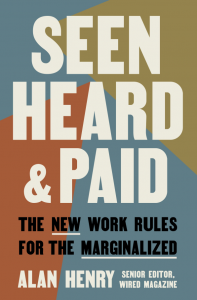— December 21, 2017
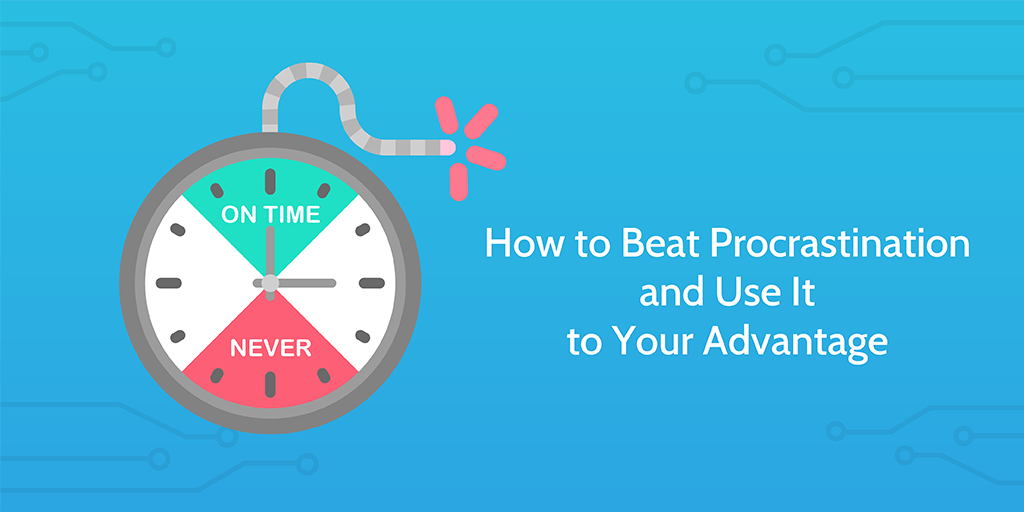
So, you want to know how to beat procrastination? Well, here’s the simple answer.
You can’t.
At least, not completely.
No matter how hard you try, it’s impossible to completely eliminate procrastination. There will always be tasks you put off, and there will always be projects that get shelved in favor of others.
You can, however, learn how to use procrastination to your advantage and make what many see as a chronic issue into one of your greatest strengths.
First, however, you need to know your enemy. That’s why today I’ll be covering:
- What causes procrastination (and when that isn’t a problem)
- The benefits of procrastination you can take advantage of
- The drawbacks that can come back to bite you
- How to use it to your advantage
It’s time to stop stalling and get stuck in.
The four main causes of procrastination
While I won’t spend too long on this, it’s important to know what many believe to be the causes of procrastination are, as this can influence what you can see as a “benefit” of the practice.
Not to mention that knowing the four main causes will help you in better identify when you tend to procrastinate, and why you might be doing so. This can later help you stop procrastinating by breaking that habit (if you decide to try a different approach to the tasks you usually put off).
There’s a disconnect between the present and future
One of the most common causes of procrastination is that there is often a disconnect between your present and future self. You procrastinate because it seems easier and more pleasant to put off tasks than to think of what’s best in the long run.
For example, dieting and exercise lets you lose weight, gain muscle, and be much healthier over time. On the other hand, eating chocolate gives immediate satisfaction, but does the complete opposite.
If you’ve ever thought “future me can do that”, “I’ll relax now and do that tomorrow”, or “why did I slack off instead of starting this earlier”, then you know exactly what I’m talking about. Tim Urban nailed this idea perfect with the idea of the “instant gratification monkey” in his 2016 TED talk.
More often than not, solving this requires a shift in perspective to make the consequences feel closer.
“In order for the future to energize and motivate current action, it must feel imminent. To create this sense of imminence, we manipulated time metric—the units (e.g., days, years) in which time is considered… (e.g., planning to start saving 4 times sooner for a retirement in 10,950 days instead of 30 years).” – Niel Lewis Jr. and Daphna Oyserman, When Does the Future Begin? Time Metrics Matter, Connecting Present and Future Selves
There isn’t enough motivation to work on a task
The second thing that often causes procrastination is a lack of motivation or incentive to do your work. Unlike the previous cause, there are a couple of ways this can become a problem.
- You might just not be interested in the task
- The purpose, importance, and/or benefits of the task might not be clear enough
- The reward and/or value of completing it may be unclear, or seem too small
While I’m not going to give ways to combat every cause of procrastination (as there are some benefits to the practice), in my experience a lack of motivation causes a different breed of problem. Instead of being something you can work around, this can quickly snowball, and is in some cases impossible to ignore, which makes the resulting procrastination difficult to turn to your advantage.
As such, if you’re lacking motivation, the best thing to do is to try and supplement it in some way.
If the reward is lacking, add another benefit yourself (“if I do this, I can have a chocolate bar”). If the task doesn’t seem important, take a couple of minutes to figure out whether that’s actually true or not. Ask someone else who is involved with or affected by the task for a clearer idea of the impact.
Unfortunately you can’t will yourself to be interested in something you’re not. However, you can attempt to find ways to make it interesting for yourself by changing your perspective or drawing from a topic that you are interested in. For example, when I had to write a post about accounting apps, I had a little fun by slipping in Monty Python.
Decision fatigue makes starting tasks harder as the day goes on
“Decision fatigue” means that the longer you go without taking a break, the more likely you are to take the easy answer in any decision making process. This is especially true when it comes to starting new tasks, as the decision to start working takes much more effort than, say, checking your email for the 5th time that day.
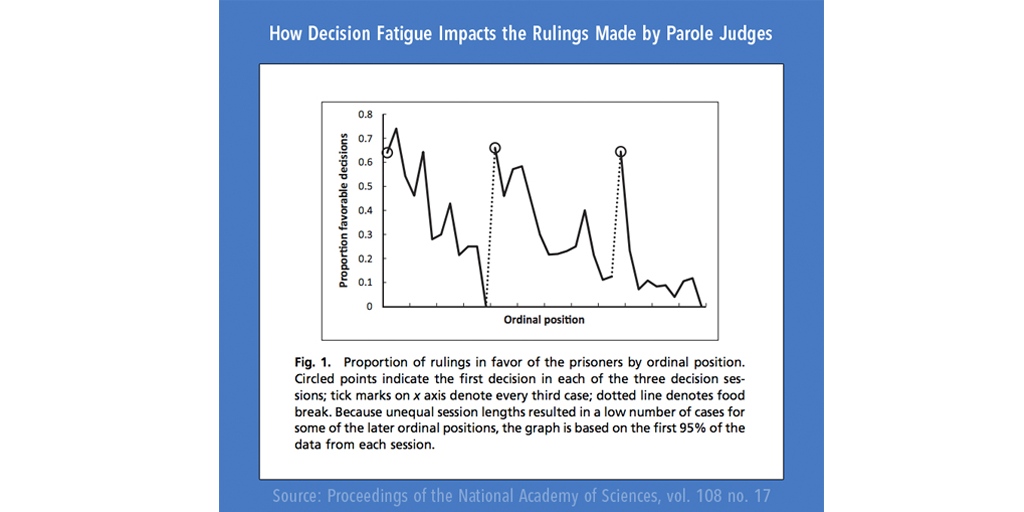
This can be seen in the outcome of a study by the National Academy of Sciences, who found that judges were more likely to be favorable in parole cases at the start of every day and after a lengthy break. At the start of the day and after each break around 65% of cases saw a favorable ruling. This petered out to 0% both before the judges’ breaks and at the end of the day.
Nobody is immune to decision fatigue, and the greater the fatigue, the more likely you are to take the easy way out. To help prevent this, you can both take short, regular breaks to get a fresh head or try to limit the number of decisions you have to make each day.
For example, Barack Obama saves his energy for important decisions by limiting his wardrobe and removing the need to think about what he should wear on a given day.
“’You’ll see I wear only gray or blue suits,’ [Obama] said. ‘I’m trying to pare down decisions. I don’t want to make decisions about what I’m eating or wearing. Because I have too many other decisions to make.‘” – Barack Obama, Obama’s Way by Michael Lewis
Fear of success and failure can also be to blame
The last common cause of procrastination is fear. Whether it’s fear of success, failure, being embarrassed, making mistakes, or of showing up someone else, this is (in my experience) one of the most dangerous root causes for one key reason.
Decision fatigue, lack of motivation, and the disconnect between your present and future are all things that are often overcome by imminent deadlines. Indeed, this is one of the benefits of procrastinating, as I’ll demonstrate shortly.
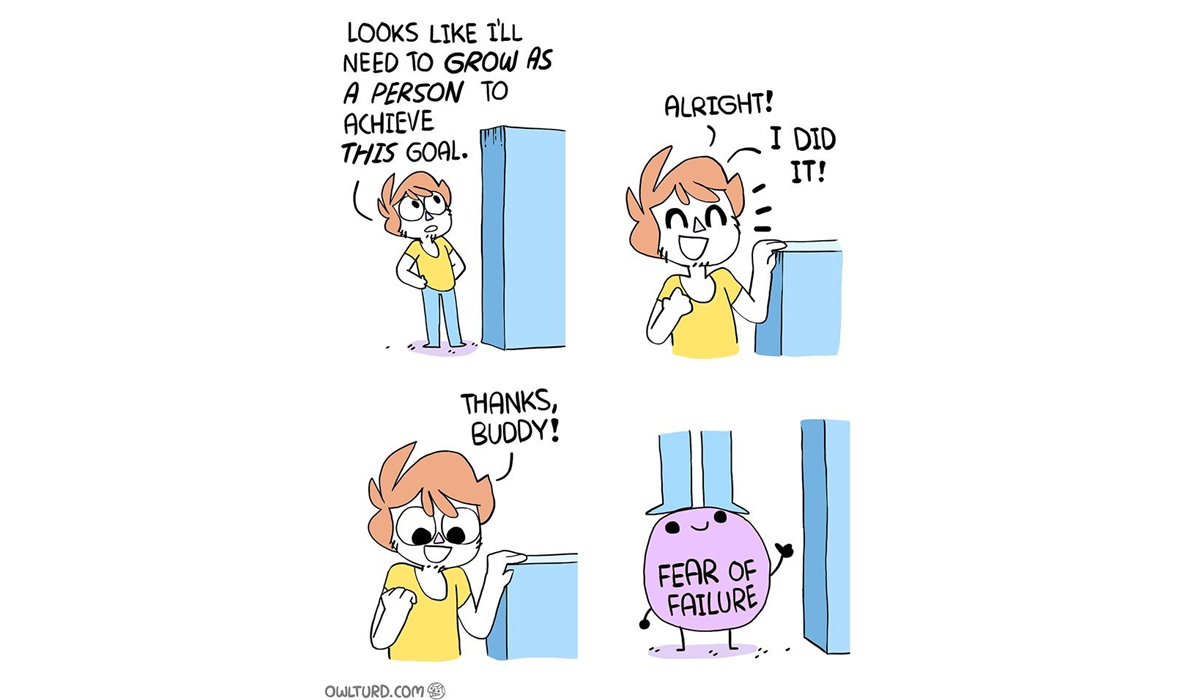
Fear, however, can immobilize you to the point where your work never gets done. Instead of making you focus it just stops you in your tracks. Fear of failure can sometimes force you into action, but it’s not a reliable method to use in terms of how to beat procrastination.
There are several methods for tackling this fear, but in my experience, the best way to mitigate it enough to start working is to sit down and plan out the various outcomes of whatever you need to do. Then, for every bad outcome, take a look at what the effects will be, and make a small contingency plan for how to deal with that.
Okay, that’s enough context on what causes procrastination. It’s time to get down to the benefits and drawbacks.
The benefits of procrastination
Although it’s usually portrayed in a negative light, there are a couple of benefits of procrastination that are worth taking note of.
While chronically putting off work that you don’t want to do to instead work on something else (or not at all) is obviously very damaging, like most things there’s something to be said for it in moderation. Namely:
- Procrastination can show you that you need to take a break to get back into your flow
- Working on tasks you find interesting will produce better results than slogging through something you hate
- Procrastination can show you which tasks can afford to wait
- The pressure of a looming deadline is a powerful tool for making people focus and getting their work done quickly
Let’s take a look at these in turn.
Putting off work can show you when you need to take a break
No matter how hard you try to power through all of your work, you’re only human, and will need to take breaks or suffer major performance drops. Even if you avoid decision fatigue by limiting the number of tasks you work on to a minimum, regular old fatigue will still drag you down if you don’t give yourself a chance to have a break and recover.
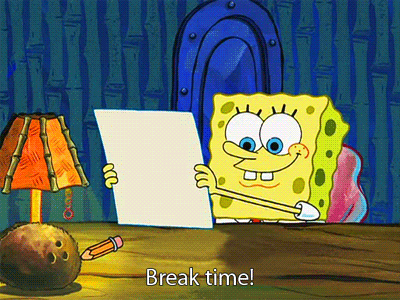
Unfortunately, it’s often difficult to know when the best time to take a break is. After all, you don’t want to interrupt your workflow by stopping, but you shouldn’t be plowing on for so long that you lose all context and end up blind to simple mistakes.
That’s one of the reasons why procrastination can be a good thing. If you find yourself procrastinating after a hefty chunk of work, chances are that you’re getting distracted because you just need to take a break and come back with a fresh head.
Obviously this depends on what’s causing your procrastination (eg, being scared of failure won’t be cured by taking a break), but if nothing else it can serve as a kind of early warning system.
Plus, if you recognize the fact that you need a break you’ll be able to get up and take a proper timeout rather than wasting time at your desk and not actually letting your mind rest.
You perform better on tasks you’re interested and invested in
When you find a task or project interesting you’ll be more invested in getting it right and doing it correctly. This extra drive and effort will usually have a knock-on effect of making the work you produce higher quality.
Conversely, when faced with something that you’re really reluctant to do you probably won’t make as much of an effort to do something particularly good with it. Thus, the outcome will be worse off for it. If you’ve ever had to force yourself through a task you’ve truly hated, only to finish and find that the results are average at best, you’ll know exactly what I’m talking about here.
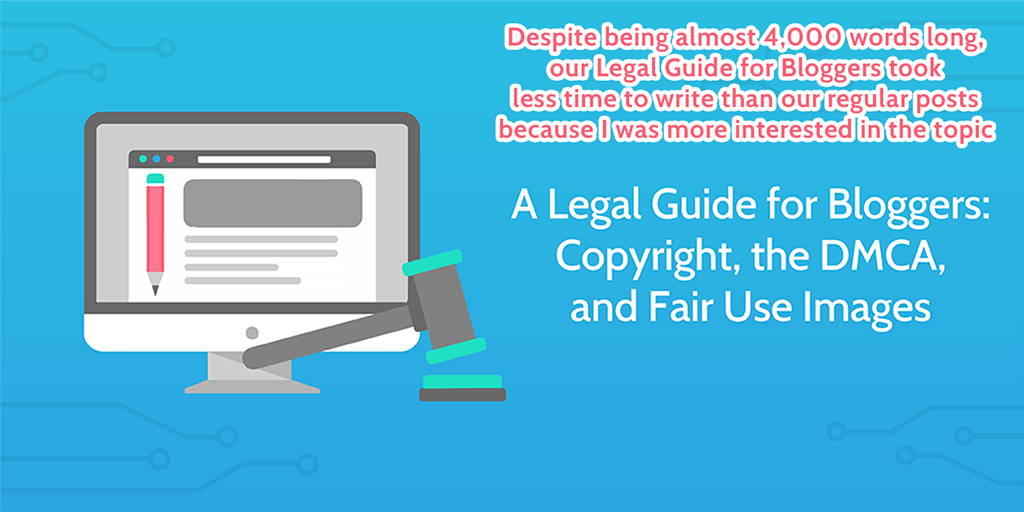
The point is, procrastinating by doing work that you’re interested in and actually want to put effort into can be a great way to produce better results than taking care of something you couldn’t care less about. Plus, if you’re averse enough to the work you should be doing to procrastinate instead, chances are that you would work slower and to a lower quality by forcing yourself to knuckle down on it.
As long as the work you’re putting off can afford to wait, you’ll generally do better by capitalizing on a spark of interest or inspiration.
Procrastination shows you which tasks can afford to wait, and which aren’t worth tackling at all
While this isn’t always the case, procrastinating can help to demonstrate which of your tasks can afford to wait, and even which can be dropped entirely. This, in turn, lets you more effectively prioritize your tasks than trying to do them all as you receive them.
“There is more to procrastination than laziness or cowardice. It is a legitimate life tactic. Anyone who believes that all problems must be confronted at their inception as a point of chivalric principle will end up volunteering for a lot of avoidable stress in life.” – Janan Ganesh, Why a long Brexit transition is in everyone’s interest
By putting off tasks instead of immediately pouncing on them, you can better organize your efforts to make the most of your time. Procrastinating on items until they actually need to be processed is thus a useful tactic for working on what actually needs to be done, rather than getting wrapped up in a project as soon as its assigned.
Speaking of putting off tasks until they actually need your attention…
It can provide the pressure some people need to focus
Sometimes everyone needs a little pressure in order to get around to working on their tasks and hitting their deadlines, and that’s another thing that procrastination provides. By putting off tasks until you have to start working on them, you’ll often be under enough pressure to force yourself into working at full capacity, which is obviously the most efficient way to go.
Now, even though I’ll cover this as one of the drawbacks of procrastination, it’s worth noting that the most common reason you would need to work at full capacity and complete your tasks quickly would be by procrastinating and putting them off. In that way, this benefit can be a bit of a vicious cycle.
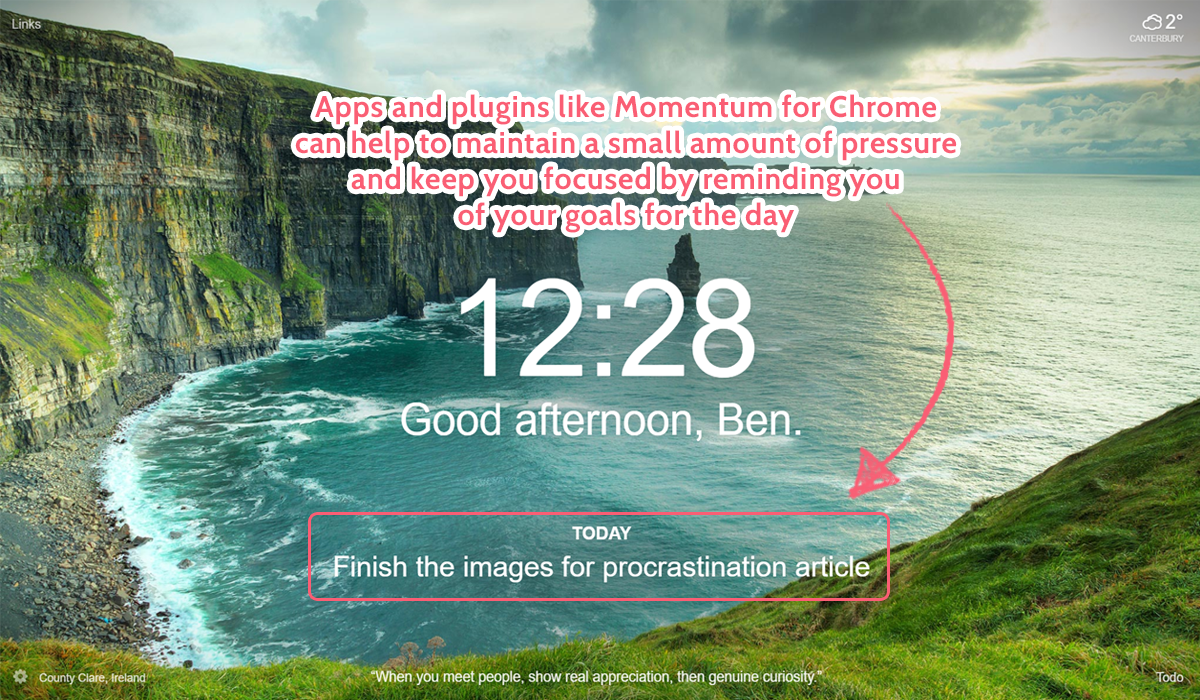
However, the negative connotations leading up to this benefit can be limited by working on other tasks while putting off your work, rather than just doing nothing. That way you’re still creating the pressure many of us need to feel in order to truly focus, but in the meantime you’re still getting work done that would otherwise only need doing later.
The drawbacks of procrastination
While there are some huge benefits of procrastination, there are some obvious drawbacks which you need to be careful of if you don’t want to end up pulling your hair out in frustration.
Anyone who has procrastinated can probably reel these off, but for the sake of being thorough I’ll cover them here to contrast with the benefits I’ve already mentioned.
Putting off work causes extra stress
Obviously, if you delay your work until deadlines are pressing and you’re under extra pressure will cause a degree of stress in your working life.
While that stress and pressure are useful for focusing more thoroughly on what needs to be done, it’s vital that you don’t let this stress overwhelm you. If you let too many tasks build up then it’s easy to feel decision fatigue before you even begin to work on an item, which will lead to further procrastination and even more stress.
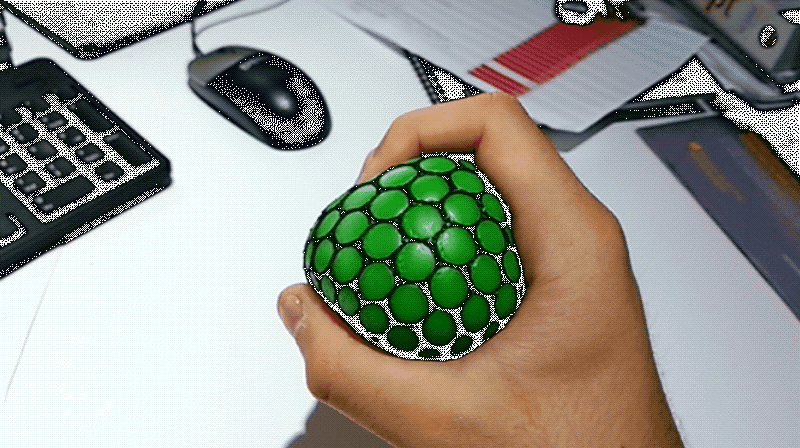
It’s a vicious cycle, and one that you need to be aware of even if you’re able to use procrastination to your advantage. Moderation is the key here, as you don’t want to end up so stressed out that you give up before even starting on your next task.
Important and urgent tasks can get sidelined
This is more of a drawback of procrastinating without any kind of plan. By sidelining important or urgent tasks in favor of smaller, easier, or less pressing projects, you give yourself less room to make mistakes and do revisions to correct them.
This is the main problem that tends to spring up when discussing procrastination – the idea that important work can be put off and potentially left incomplete come the deadline in favor of tasks that are less useful. I won’t deny that this is certainly a massive issue, but again, it all comes down to how you use procrastination.
Instead of putting off important and urgent tasks for too long, you should only be delaying tasks until they need to be worked on. Even then, they should be items that aren’t as time sensitive to make sure you aren’t pushing yourself into a pit of unnecessary stress.
Busy work drains the energy you need for bigger tasks
I’ve already touched on the importance of using procrastination as a tactic rather than a pure delaying technique, and this final major drawback just reinforces that idea. Not only that, but it shows that even small-scale procrastination needs to be managed carefully to avoid bigger ramifications.

Let’s say you have one big important project deadline coming up. You’ve left yourself a week to work on it, which is more than enough time. However, you also have a litany of smaller tasks which are buzzing around your head. They’re less important and urgent, but you don’t feel like you can focus properly on the big task until you’ve cleared some of the smaller ones.
Most people (myself included) react to this by trying to clear some of their smaller tasks in the morning and then sitting down to tackle the main project once their inbox is a little thinner.
This is a massive mistake, and an example of small-term procrastination.
By doing your smaller tasks first and leaving the main project for later in the day, you’re spending a huge amount of energy on those tasks and leaving very little to make significant progress on the thing that actually matters.
Choosing the various tasks to clear out will cause decision fatigue, and by the time you come to the main course your head’s going to be full of information from taking care of those smaller tasks. This will leave you working at a much lower capacity than if you had just bitten the bullet and gotten stuck in, meaning the large task will take far longer than it should.
Thankfully, all you have to do to avoid this issue is to prioritize your tasks effectively and put your big projects at the beginning of the day when you have the most energy. Then, later on, you can get stuck into the smaller tasks that often require less thought to carry out.
How to productively procrastinate
While it might sound like an oxymoron, there are ways you can turn procrastination to your advantage. “Productive procrastination” has popped up as a term for putting off one task in favor for another which, when combined with some of the benefits mentioned earlier, can help you to work effectively despite putting off one of your tasks.
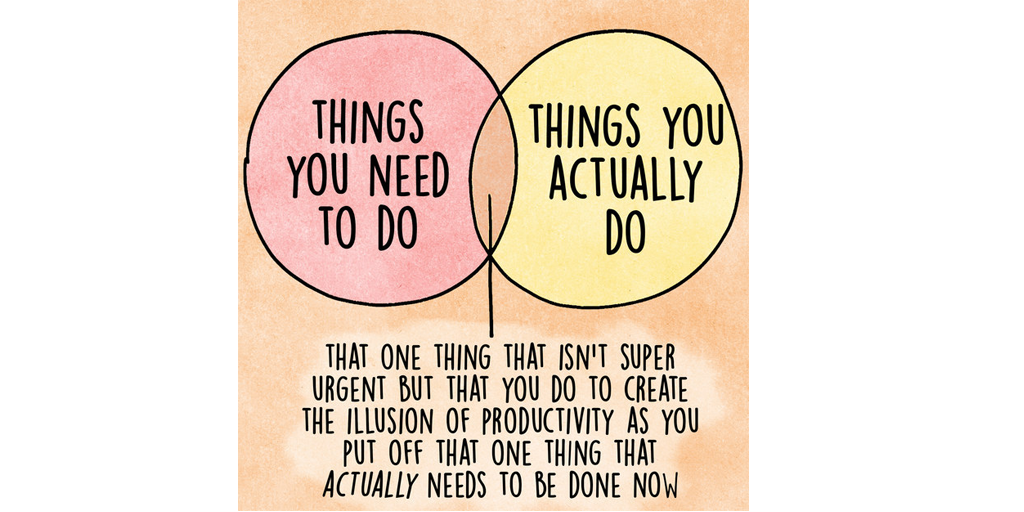
The idea is that rather than forcing yourself to work on a task which you really don’t want to do (for whatever reason), you procrastinate. However, rather than taking a break or getting distracted, you shift your efforts to another, more palatable item.
For example, rather than starting work on another blog post you could clear out your inbox and prioritize your tasks. This kind of procrastination lets you complete work that you might’ve otherwise been putting off rather than getting completely distracted and not working at all.
Alternatively, you could take a break but try to think about whatever you’re doing or seeing in terms of how you can use it in your work. Several of my previous posts have been written as a direct result of this; my agile game development post was the result of getting distracted by game development talks, and our foray into surgical checklists came about after I found myself researching old medical techniques.
Heck, without procrastination we never would’ve even considered looking into how to live stream, yet here we are later with a 3,500+ word complete guide on the topic for businesses!
Ultimately, however, this isn’t a cure-all technique for validating all procrastination. Sometimes it’s better to work on something you’re interested in (again, you’ll perform better when you’re in the flow of it), but other times you’ll just have to try and break down your task further and take it one piece at a time.
How have you fared in your battle against procrastination? I’d love to hear any techniques you’ve found that work and more in the comments below.
Business & Finance Articles on Business 2 Community
(121)
Report Post





